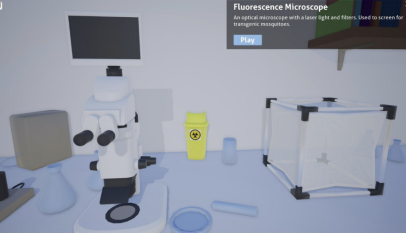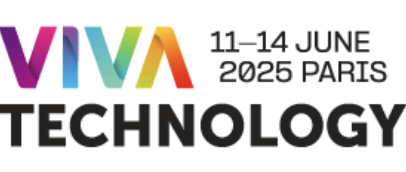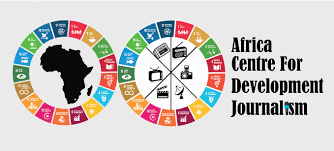KECCoH-dRPC: Improving women and girls’ access to quality healthcare in Kano Emirate
In his bid to ensure his subjects particularly women and girls have access to quality healthcare services, the Emir of Kano, HRH Muhammadu Sanusi II (in 2016) established the Kano Emirate Council Committee on Health (KECCoH).
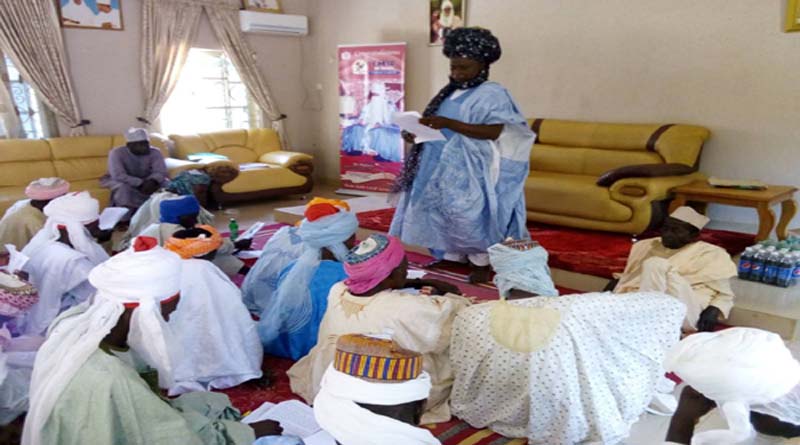
The idea of KECCoH first came about in 2014, in the aftermath of the outbreak of the Ebola virus in the West African sub-region, when the Emir of Kano set up a technical committee which was mandated to ensure the disease didn’t spread to northern Nigeria. It was the success recorded by that committee that motivated the emir to set up the Kano Emirate Council Committee on Health (KECCoH), two years later.
Since its inception, KECCoH has been working to strengthen access to healthcare services including maternal and child healthcare, routine immunization as well as improved environmental hygiene and outreach services in hard-to-reach rural communities. The committee relies on the existing traditional leadership structure existing from village down to ward levels to ensure effective health communication between the various traditional leadership hierarchies towards quality healthcare delivery at the grassroots.
Thus, the Emir’s Project, which is a collaborative effort between KECCoH and the development Research and Projects Centre (dRPC) – a leading Nigerian nonprofit working in the areas of public health, education and community development – to improve access to services for women, commitment to girl child education and uptake of services for girls across Kano Emirate.
“The traditional and religious leaders in northern Nigeria are very critical in the success of all campaigns in the region because they are not vote-seeking politicians and therefore have the [best] interest of their people at heart,” says Abdulhamid Inuwa, a programmes associate in charge of the Emir’s Project at dRPC.
Among others, the vision of the project is implementing the Emir’s vision for improved social sector development, targeting women and girls; improving the accountability and responsiveness of government social sector service delivery agencies by incorporating the traditional institution at Emirate, district, ward and village level in the monitoring and supervision of service delivery.
In a speech by HRH Muhammad Sanusi II during a recent emirate-wide sensitization programme on women and child health, routine immunization as well as girl-child education, the monarch said: “Allah Almighty has squarely put the responsibility of taking care of children under parents; moreover, people (men) have the responsibility of catering for the needs of their wives.”
“Research has shown that there is a strong link between girls’ education and the quality of health among women as well as environmental hygiene. As such, achieving a healthy society is the foundation for achieving economic growth; peace and sustainable development,” said the Emir in a speech read by district heads during the sensitization program held across the various districts of Kano Emirate.
“Pregnant women must access antenatal care services; most women here only go to hospital at the point of delivery, therefore, ignorance on the part of women and men is responsible for maternal and neonatal deaths. We are ensuring sensitization using all available awareness avenues including town criers,” says Alhaji Muhammad Isah Umar, the district head of Bunkure while addressing village and ward heads during the sensitization program at Bunkure district.
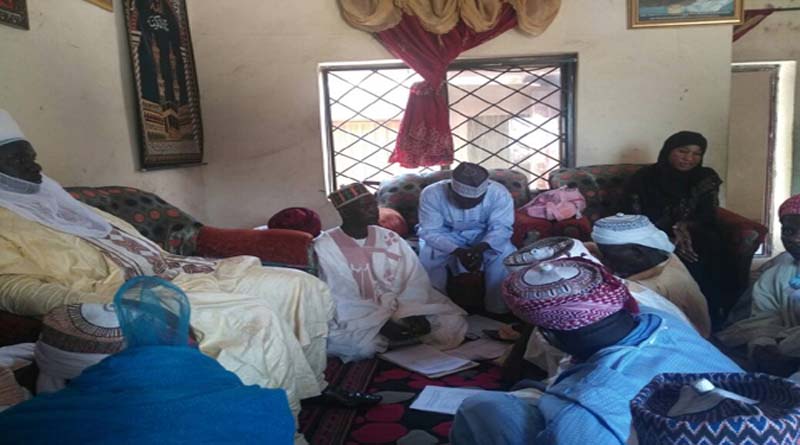
Alhaji Salihu Musa, the village head of Kumurya in Bunkure district who was one of the village and ward heads at the event blamed the duo of poverty and ignorance for men refusing to allow their pregnant wives go to healthcare facilities. “This approach is the way out, it ensures that everything is not left in the hands of the government when it comes to access to healthcare for pregnant women and will help bring down maternal deaths,” he said.
Ismaila Aliyu is the Kano State Ministry of Health’s monitoring and evaluation officer in charge of Bunkure who believes the partnership between NGOs, the Emirate and government was bringing about “solution to critical health challenges at grassroots including women’s access to ANC and maternal healthcare in general.”
KECCoH assigns health monitoring tasks to people at different levels of the Emirate’s hierarchy which ensures a truly bottom-top approach to tackling maternal and child health issues through the Community Women and Child Survival System (COMWACSS) whose membership cuts across all members of the community including Traditional Birth Attendants (TBAs), Imams, headmasters, barbers, as well as commercial motorcyclists and bus drivers while the village head serves as its patron.
“We are now better informed about these issues and doing our best to monitor them. In the past we never knew about most cases of maternal mortality. And it was like an epidemic as women were always dying of pregnancy-and-child-birth related complications. Now, we ensure pregnant women deliver at healthcare facilities no matter how remote their communities are,” says Ado Yusuf, the village head of Rurum in Rano district.
“This is possible because of COMWACSS whose membership includes motorcyclists and bus drivers who will always rush to report cases of women in labour to us after which the drivers among us will go and take them to hospital – even if the husbands cannot afford to pay. Therefore, maternal mortality has been reduced significantly in the area; our monthly monitoring reports show zero cases of maternal deaths for as many as 3 to 5 consecutive months.”
Haruna Ladan is the deputy chief imam of Rimin Gado district who while speaking at the sensitization event admonished the village and ward heads on the importance of women’s health and girl-child education in Islam adding that it was incumbent upon men to take good care of their wives including taking care of their health and wellbeing.
“As traditional and religious leaders, we utilize all available platforms to create awareness about issues like ANC and RI including Friday sermons , naming and wedding ceremonies; we also visit PHCs to monitor women’s attendance and quality of service delivery,” says Abba Chiroma who represented the village head of Rimin Gado at the sensitization event.





